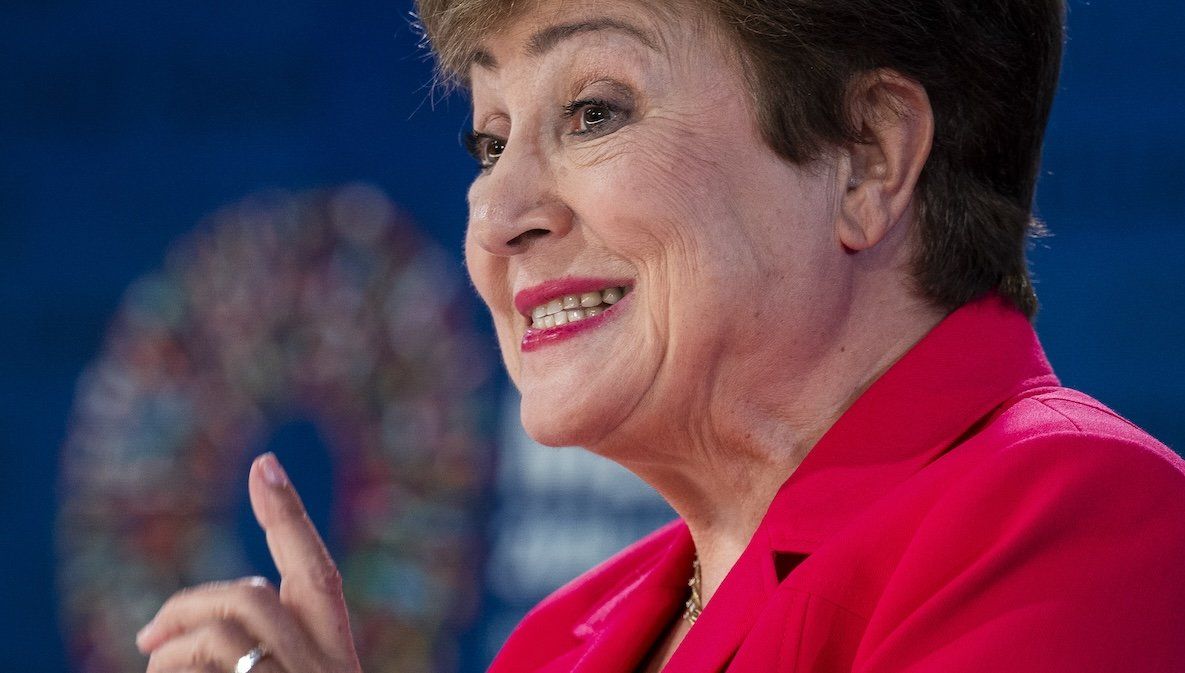At the plenary session concluding the International Monetary Fund and World Bank’s 2024 Annual Meetings in Washington, DC, on Friday, IMF Managing Director
Kristalina Georgieva made clear there was no time to rest. Although wealthy countries seem likely to achieve the much-vaunted “soft landing” — reducing inflation without a recession — geopolitical, climactic, and fiscal risks are putting great strain on the world’s most vulnerable economies.
“The world now faces a low-growth, high-debt trajectory,” said Georgieva. Governments in developing countries now face a “trilemma” of needing to increase spending – sometimes by as much as 14% – while being unable to raise tax revenues as they face fiscal buffers exhausted by the COVID-19 pandemic and its aftermath. And she acknowledged that the Fund’s projections include “a severe, but plausible scenario” in which global public debt could exceed the baseline by some 20%.
That risk is compounded by growing political opposition to free trade, which Georgieva characterized as a “retreat from global economic integration driven by both national security concerns and the anger of those who lost out.” Reduced trade will hamper growth and push countries to borrow more to make up the difference.
These pressures pose the highest risk for sub-Saharan Africa, already struggling with high debt and lacking the levels of growth necessary to get ahead. Speaking at a separate event on Friday, the IMF’s Africa Director Abebe Selassie said the region will likely grow by 4.2% in 2025, well below the 6-7% growth rates enjoyed previously. “This pace is not sufficient to significantly reduce poverty or to recover ground lost in recent years, let alone address the substantial developmental challenges ahead,” he said.
So what can be done? World Bank President Ajay Banga gave an introspective prescription at the closing plenary: Simplify, simplify, simplify. “Development delayed is development denied,” he explained while outlining progress on reducing the time the World Bank takes to approve projects from an average of 19 to 12 months, and faster where possible. The Bank has made a substantial improvement — they’re down to 16 months — but time is money, as the saying goes, and more haste will make the Bank’s programs more effective in Banga’s view.
On the IMF’s side (often more concerned with stabilization than development), Georgieva outlined three tools: rebuilding fiscal buffers in vulnerable economies, investing in growth that can ease debt burdens, and taking a cooperative approach across borders.
Of course, much depends on factors outside the control of these development finance institutions. We’re watching how the results of the US election, the roiling debt and property market problems in China, and the conflicts in Ukraine, the Levant, Sudan, and elsewhere affect the outlook.
